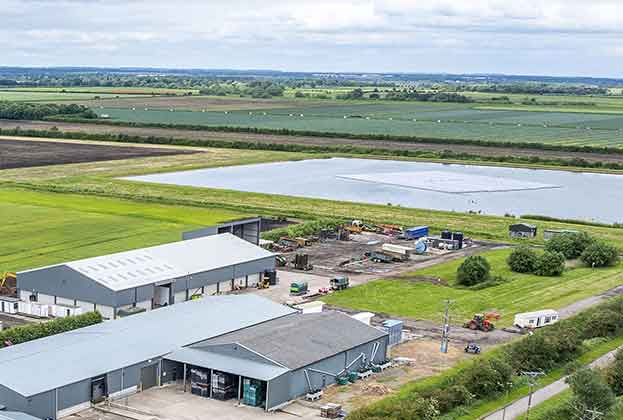Aberdeen has been considered the oil capital of Europe since the mid-20th century and the number of jobs created by the energy industry in and around the city has been estimated at half a million.
However, with increased pressure on corporations and individuals to make sustainable decisions, along with government policies such as Net Zero and the Paris Agreement, the demand for oil and gas is on a gradual decline, with the movement towards renewable energy alternatives.
This fall in demand was accelerated this year by the Covid-19 pandemic which saw oil prices fall to record lows. Aberdeen’s combination of on and offshore infrastructure, energy companies, a global supply chain, track record of research and development, and a highly skilled workforce means that Aberdeen is at the forefront of making energy transition ambitions a reality.
Earlier this year the Scottish Government set up a £62 million Energy Transition Fund to help the energy sector recover from the duel economic impacts of Covid-19 and the oil and gas price crash. This fund will support businesses in the oil, gas and energy sector over the next five years as they grow and diversify and will attract private sector investment to the region, with its main focus being on the North East.
The investment underpins the region’s ambition to become a world leader in the transition to net zero. Major projects which will be considered for funding include a Global Underwater Hub, Net Zero Solution Centre projects, a Hydrogen Hub, the Acorn Project and an Energy Transition Zone.
The proposed Energy Transition Zone in Aberdeen aims to create a physical place for research and development, test and demonstration and manufacturing activities in an exemplar net zero environment.
It will become the focal point for the development of the new energy transition industry cluster in the region. The ambition is to accelerate the delivery of net zero solutions focusing on offshore wind (fixed and floating), hydrogen and carbon capture, usage and storage, catalysing the transition of Aberdeen from a global oil and gas capital to a globally integrated energy cluster. This will help anchor a broad energy supply chain, create and secure high value jobs, drive export growth and deliver net zero.
In Aberdeen the electricity, gas, steam and air sector is forecast to see an employment reduction of 9.4 per cent over the next 10 years, which will create a significant availability of highly skilled workers. This highly skilled workforce and Aberdeen’s strong reputation in the energy sector is acting as a significant pull factor for occupiers within the renewable sector.
Earlier this year Equinor signed for 15,000 sq ft at Aberdeen’s Prime Four Business Park. Equinor believes that its extensive history and expertise in the oil and gas industry is helping it to create reusable alternatives including wind farms and turbines, and emission-free natural gases.
Savills expects that the renewable sector will become a significant driver of office take-up in Aberdeen, as occupiers take advantage of government policies, the availability of talent in the area and good quality offices at competitive rents, as well as being able to cluster with similar occupiers within all areas of the energy sector.
Further information
Read more: Spotlight: Scotland Offices

.jpg)







.jpg)
.jpg)